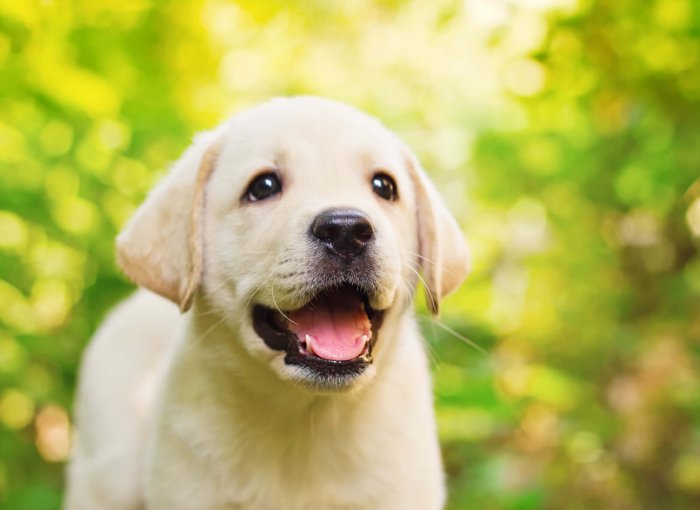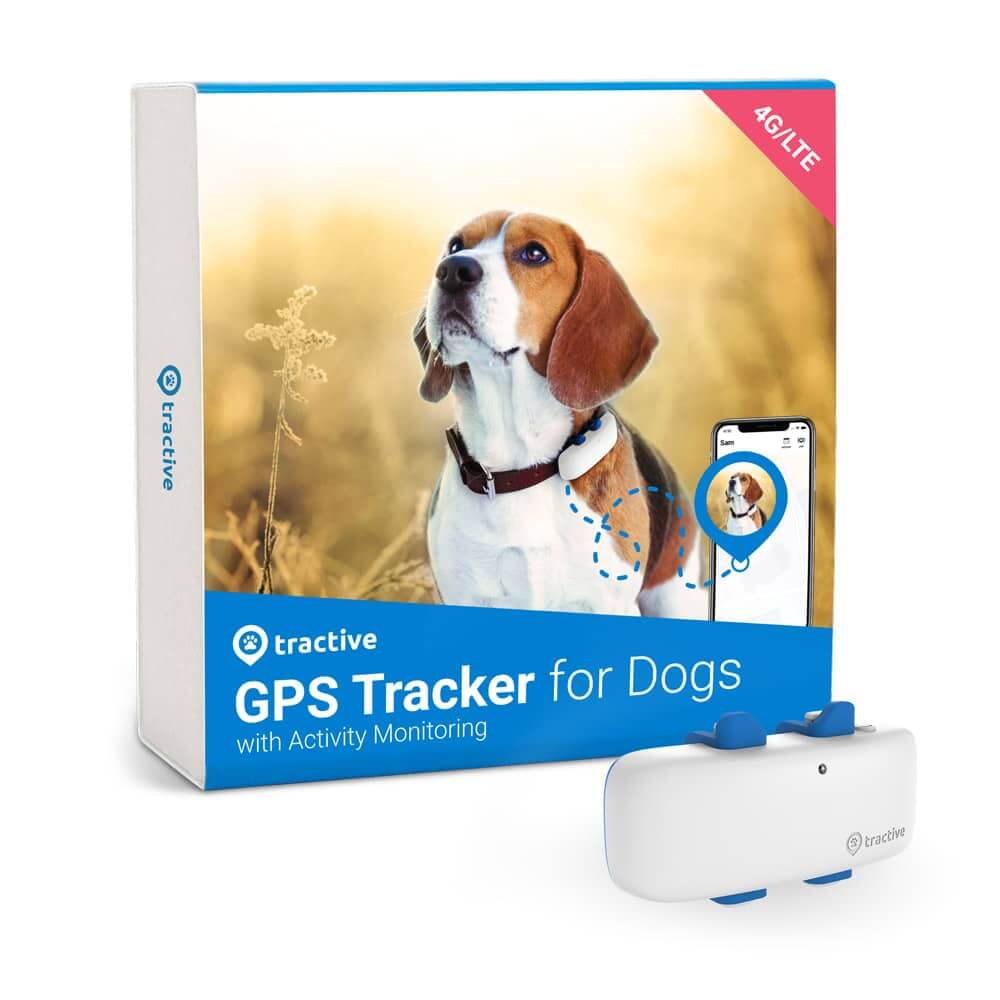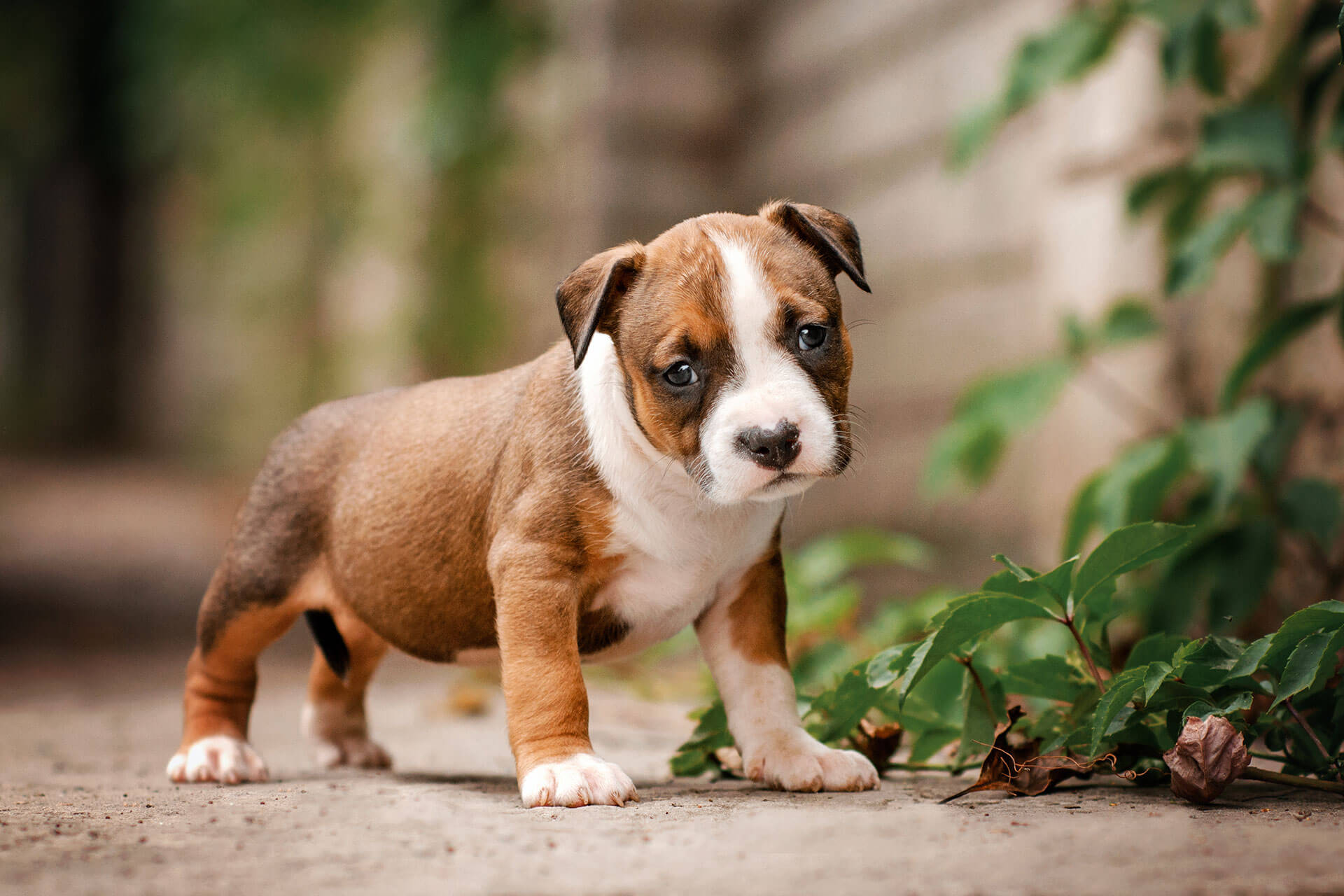The 10-Step Puppy Care Guide
Caring for a new puppy is easy with these top 10 tips for the best puppy care!

So you’re going to become a parent to an adorable new puppy – what could be more exciting! But be cautioned; parenting a new puppy is no walk in the park. Puppy care can be all at once fun, stressful, and rewarding; and bringing a new puppy home takes a lot of preparation, work, patience, and love. The good news is that if you do it right, it can be a wonderful experience. Read on to learn the 10 most important steps to care for your new puppy.
Not sure if a puppy, or older dog is right for you? Check out our tips for choosing the right new dog for you.

Always know where your dog is
Follow every step in real-time with unlimited range. Get alerts if they wander too far. Keep them happy & healthy with Wellness Monitoring. And let others – like walkers or sitters – keep an eye on your dog too.
- Always know where your dog is
- 1) Puppy-proof your home
- 2) Get the necessary puppy supplies
- 3) Plan your puppy’s diet & exercise
- 4) Set up proper sleeping arrangements
- 5) Potty-train your puppy
- 6) Train for good behavior
- 7) Take your puppy to the vet
- 8) Provide supervision
- 9) Ensure plenty of socialization
- 10) Equip your puppy with a GPS dog tracker
1) Puppy-proof your home
Anyone who has welcomed a new baby or toddler into their home knows that there are certain everyday items which need to be removed and kept out of reach for the safety and care of the youngster. Like babies and small children, puppies are naturally curious, and will explore their new territory and its contents. This could mean getting themselves into potentially dangerous situations!
To create a safe space, start by designating or fencing off one part of the home, which will become your puppy’s new territory for their first few months. Then make sure the following items are out of reach from your new puppy:
- Electrical items and cords
- Chemicals and toxins
- Plants
- Rugs
- Breakables
- Valuables
- Trash
Additionally be sure to sweep or vacuum the area frequently to remove any small hazards, and keep the area clean and tidy so your puppy can safely enjoy his new environment.
2) Get the necessary puppy supplies
Next, be sure to stock up on the most important puppy care supplies. These include:
- ID tags
- Collar & leash
- Food & bowls
- Sleeping crate
- Toys
- GPS tracker and activity monitor for dogs
Try to provide toys and other entertainment that your puppy is familiar with, both to help to keep him occupied and to help him feel more at home. A range of things to play with will make him feel cared-for, comfortable and happy about the new environment.
3) Plan your puppy’s diet & exercise
Another essential puppy care tip is to consider the best food choice. We recommend a nutrient-dense dog food which is suitable for growing puppies. Ensure that your pup will get all the nutrients he needs and enjoys eating the food, too. You can choose from a wide range of choices, including premium, natural, and raw dog foods.
Your new puppy will have a lot of energy, and you can help him to use it in a productive way.
However do keep in mind, that puppies need much less exercise than adult dogs.
Let your puppy play, walk, run, and explore outdoors in a confined and safe area at least one time per day. You can use the puppy’s age (in months) times 5 minutes per month to determine how much play time he should have per day. For example, if your puppy is 6 months, the recommended play time is 30 minutes a day.
4) Set up proper sleeping arrangements
When deciding where your puppy will sleep, we recommend to do the following:
- Ensure you have a designated space for the puppy to sleep, including a dog bed or crate
- Place the bed in an area where other people are nearby, so your puppy won’t be lonely
- Do not let the new puppy sleep in your bed with you, as this can create an unwanted sleeping arrangement in the long term
Most importantly, try to be consistent in enforcing the sleeping policy, so that everyone can get a good night’s sleep, including your growing puppy.
5) Potty-train your puppy
Puppies need to urinate frequently, so you will need to anticipate their needs and give them an opportunity to relieve themselves at least every two hours.
Similarly, you can usually tell when a puppy ‘wants to go’ because he or she will look around anxiously, walk in circles and start sniffing in suitable corners looking for a place.
And that’s your cue to take your pet outside. If you don’t want your pup pooping all over the yard as an adult, pick one area and take him directly there when it’s potty time.
6) Train for good behavior
Take care to start training your new puppy right away. At their young age, they need to learn the rules and will be able to grasp them quickly with good and consistent effort. Don’t let your new family member get away with anything just because he is a tiny, cute, little puppy.
By teaching your puppy good manners, you’ll set your puppy up for a life of positive social interaction.
In addition, obedience training will help forge a stronger bond between you and your puppy. Teaching your pup to obey commands such as sit, stay, down, and come will, additionally, help keep your pup safe and under control in any potentially dangerous situations.

7) Take your puppy to the vet
Take your new puppy to the vet for a checkup as soon as possible. If there’s something wrong, the vet can catch it early and get it before it becomes a big problem. It also gives you a chance to talk with the vet about what it takes to raise a puppy; such as feeding, vaccinations, the financial aspect of owning a pet, and everything else you may need to know as a dog owner. Don’t be afraid to ask your vet every question that comes to your mind. When it comes to the life of your pet, you can’t ask too many questions.
8) Provide supervision
Now that you’re getting used to life with your new puppy, be sure to supervise him at all times. This will help you to:
- monitor his health
- train him consistently
- keep him out of harm’s way and
- prevent him from getting into (or peeing on) your nice things
Constant supervision can also allow you to get to know your furry little friend better, so you will start to learn his personality, charms, and quirks. Take turns letting everyone in your household supervise the puppy and he’ll feel well-cared for.
9) Ensure plenty of socialization
A new puppy needs lots of love and cuddling, rest and sleep, lots of good, nourishing food and then… more love! Moving to a new home, leaving his mom and litter-mates is a very difficult experience for a puppy. Therefore, try to make the move as easy as possible for him. Give him time with you and your family, and give him the feeling of being safe and secure in his new home.
During the early weeks and months, it is also a good idea to introduce your puppy to a variety of sights, sounds, people and experiences. Let him meet adults and children, the postman and other visitors, and let him approach them in his own time. A well-socialized puppy will be able to cope with all of the situations he’s likely to encounter in later life, rather than growing up shy or fearful.
10) Equip your puppy with a GPS dog tracker
While you may do your best to keep your eyes on your puppy at all times, you never know when they might just get spooked, or excited about a squirrel, and run away. These situations can be a new dog owner’s worst nightmare; not knowing if or when your beloved furry friend will return to you.
To avoid any worries or frightening situations in which your new puppy may get lost, consider purchasing a Tractive GPS tracker, which will allow you to keep tabs on your new puppy at all times. The small device is attached to the dog’s collar, and with the companion app, you can easily view the location of your puppy anytime on your smartphone!
In this way, a GPS tracker is the ultimate puppy care tool and can be a lifesaver and a blessing for any new puppy owner, who wants to shower their furry friend with lots of love and care.
Did you like these tips? Then send them to a friend with a new puppy and spread the love





